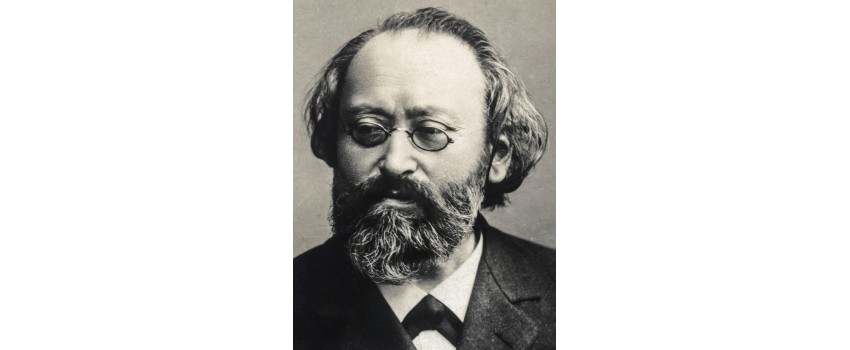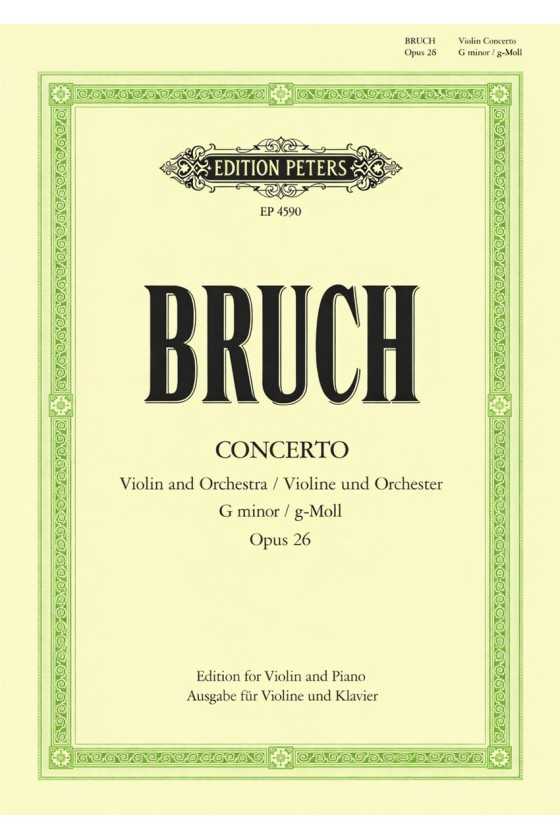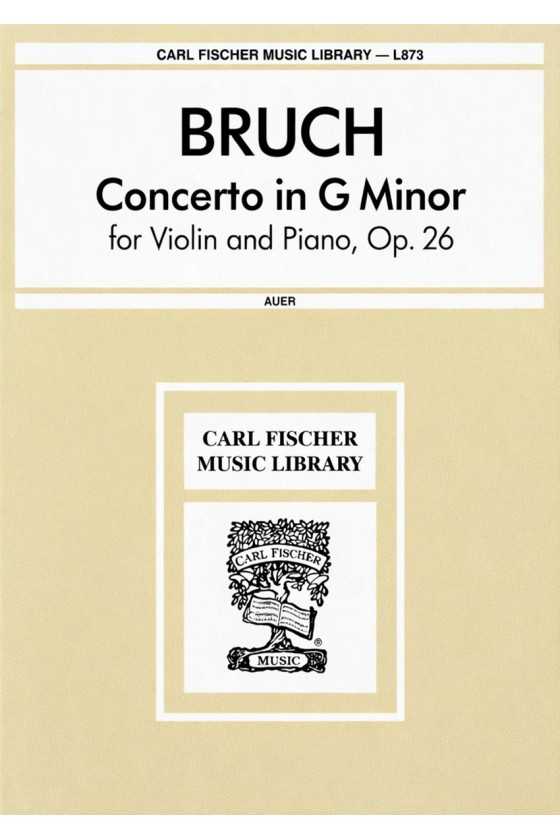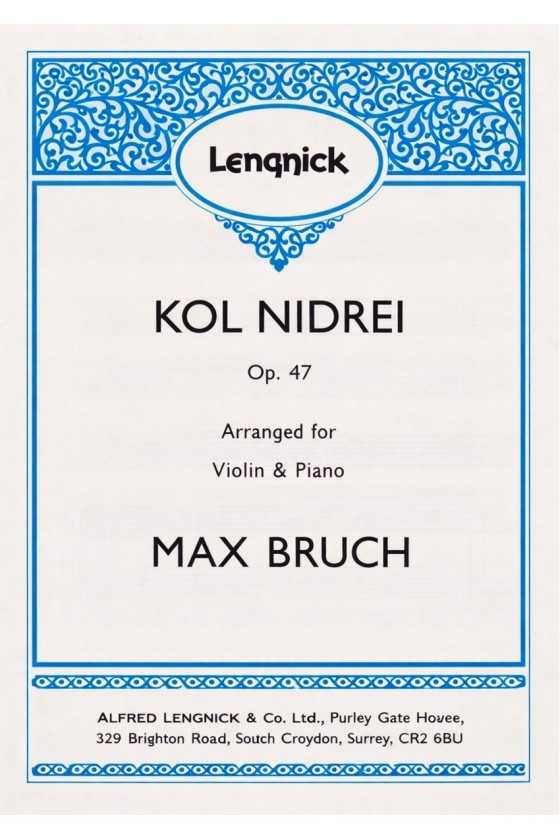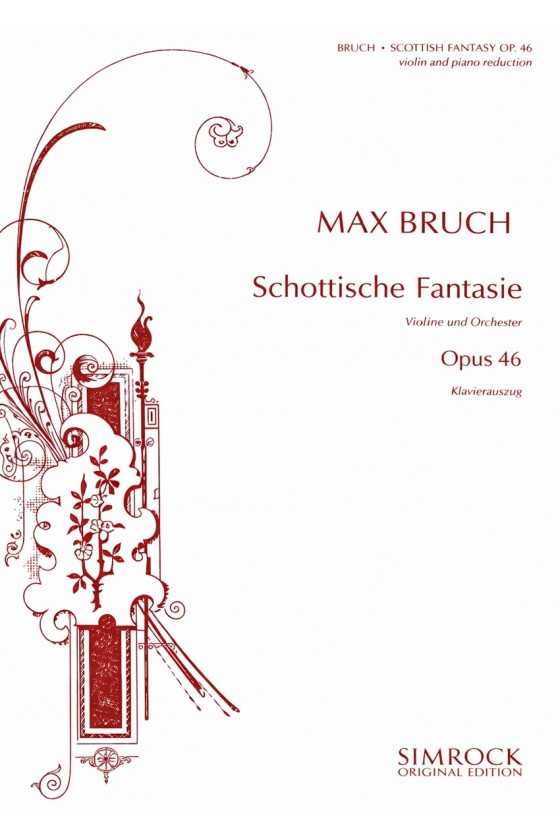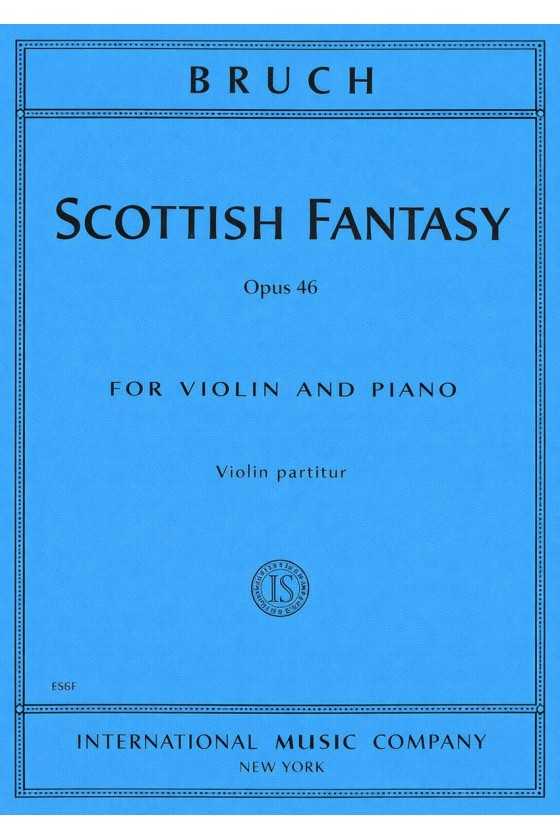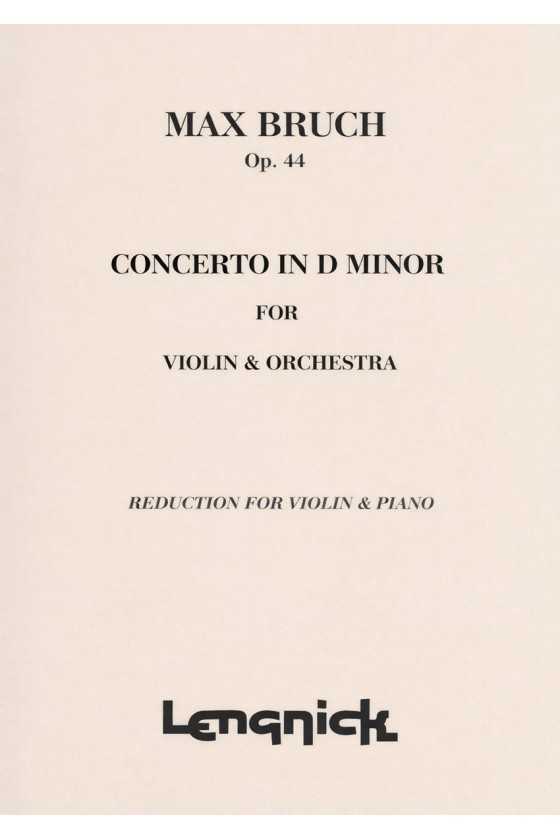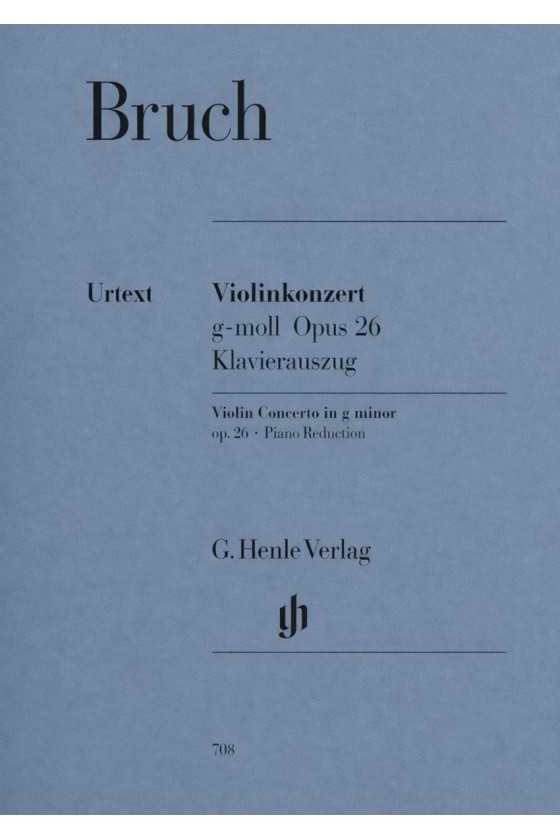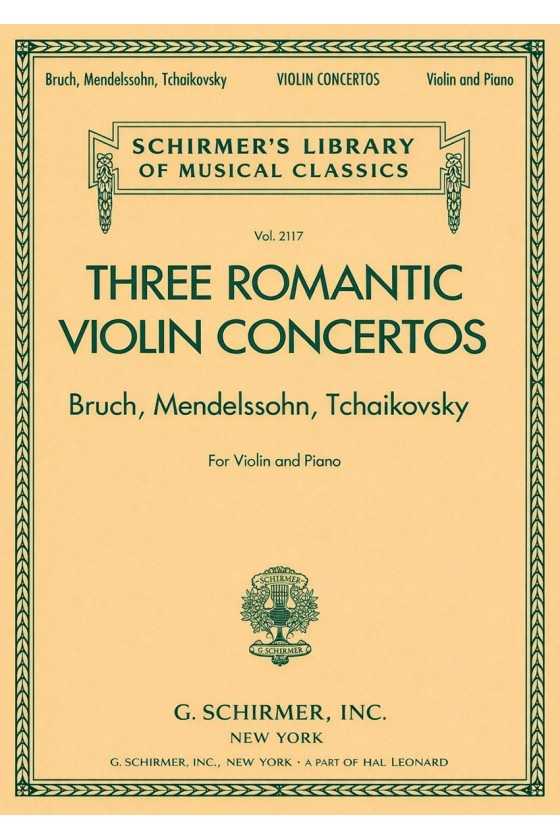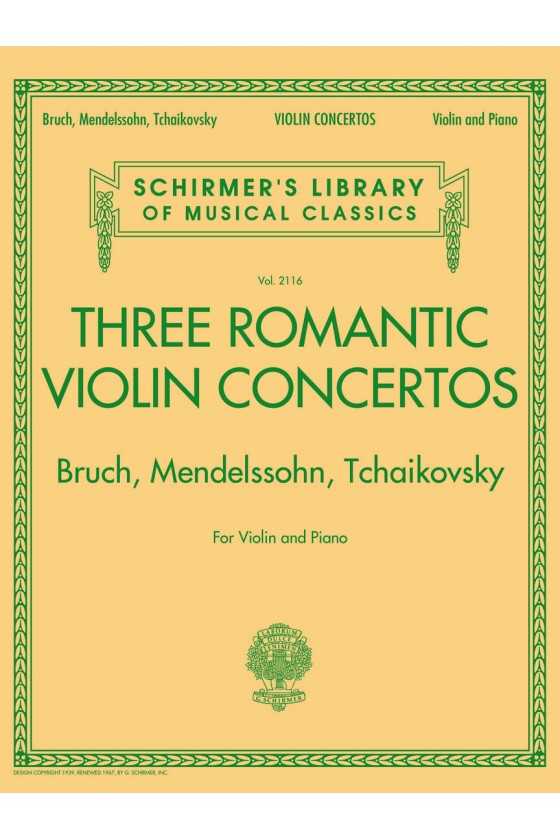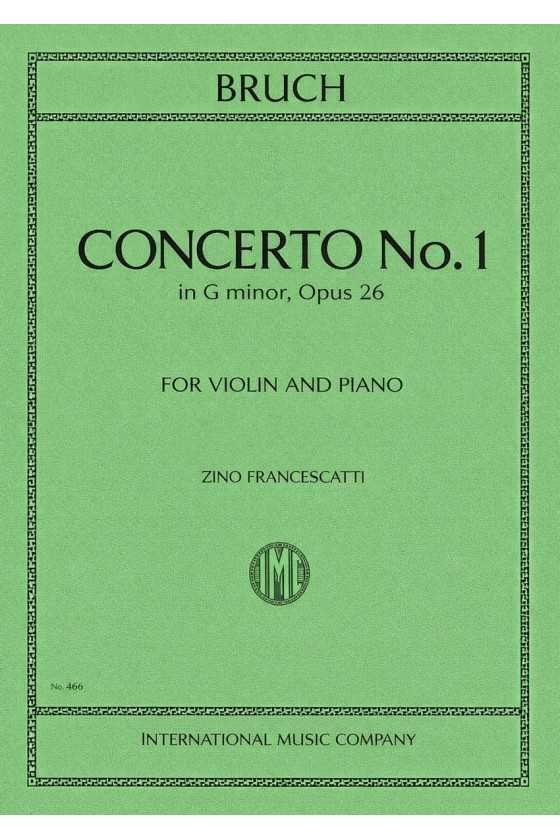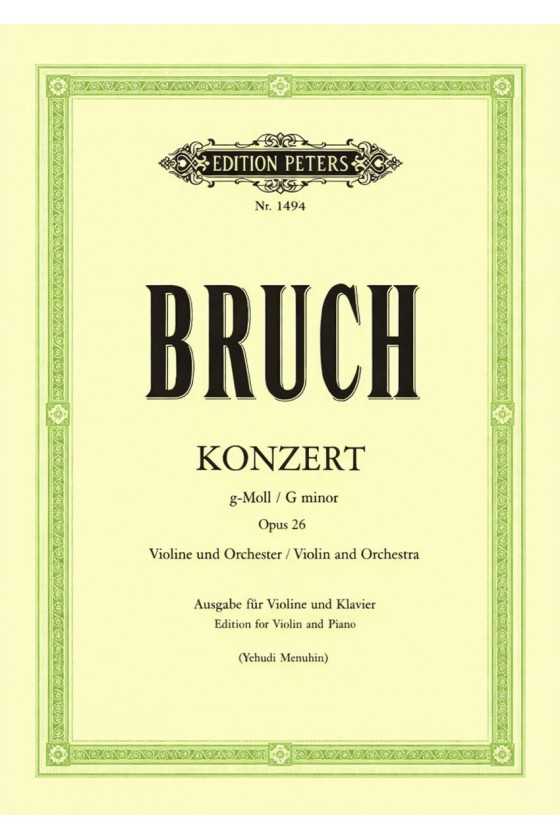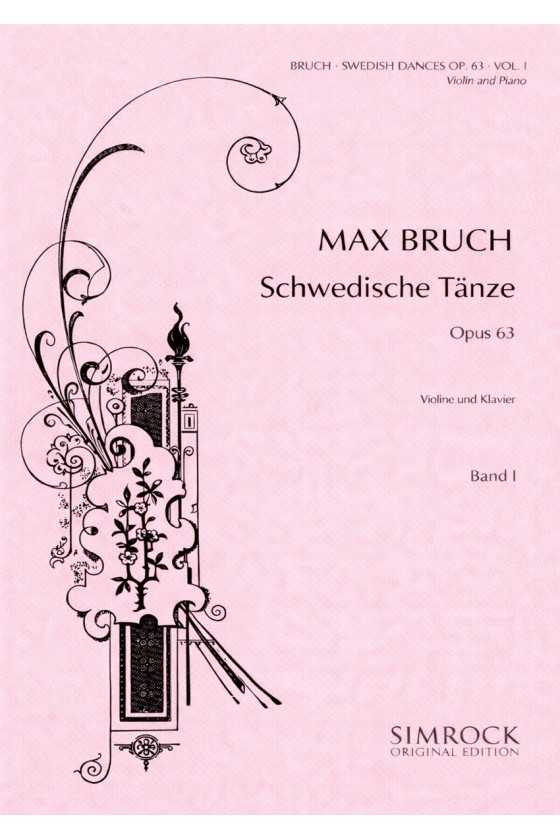Bruch, Op. 26 Concerto in G Minor for Violin and Piano, edited by Stross (Peters)
Bruch: Violin Concerto No. 1 in G minor Op. 26 by Max Bruch, edited by Yehudi Menuhin, is a timeless Romantic masterpiece treasured for its warmth, lyricism, and emotional immediacy.
Key features
• One of the great audience favorites of the violin repertoire
• Rich, song-like Romantic lyricism
• Emphasis on tone, phrasing, and expressive depth
• Essential concerto for developing and advanced violinists

